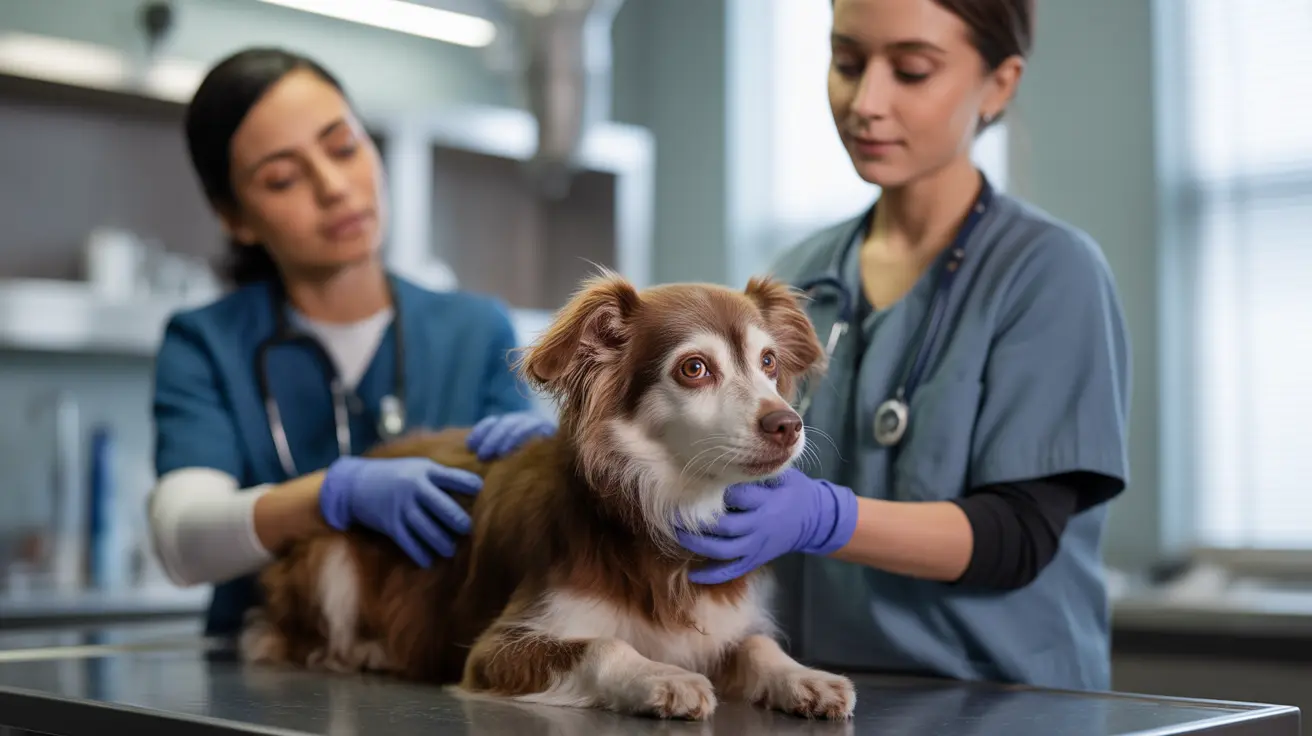The Royal Society for the Prevention of Cruelty to Animals (RSPCA) has issued a concerning warning about a significant rise in pet abandonment UK cases, specifically in Devon and Cornwall. As winter approaches with its colder temperatures and darker nights, the charity emphasizes that abandoned animals face even greater challenges for survival and rescue.
This troubling trend reflects broader issues affecting pet owners across the UK, highlighting the urgent need for support systems and resources to help struggling families keep their beloved companions. Pet abandonment statistics continue to rise, creating an overwhelming burden on animal welfare organizations and leaving countless animals in vulnerable situations.
Cost of Living Pet Care Crisis
The increase in abandoned pets coincides with ongoing economic pressures that many families face. When household budgets become tight, the cost of living pet care can become a significant financial strain. Veterinary bills, quality pet food, and routine healthcare expenses can quickly add up, forcing some pet owners to make heartbreaking decisions.
Understanding the true cost of pet ownership is essential for current and prospective pet parents. Beyond initial adoption or purchase fees, ongoing expenses include vaccinations, regular health check-ups, emergency medical care, food, grooming, and pet insurance. These costs can range from hundreds to thousands of dollars annually, depending on the pet's size, breed, and health needs.
Winter Pet Abandonment Challenges
The RSPCA's warning specifically mentions how colder temperatures and darker nights create additional hardships for abandoned animals. Winter pet abandonment poses severe risks, as animals left outdoors face hypothermia, frostbite, and difficulty finding food and water sources.
Abandoned pets during winter months also become harder to locate and rescue due to reduced visibility and harsh weather conditions. This creates a time-sensitive situation where quick intervention can mean the difference between life and death for vulnerable animals.
Pet Food Banks UK and Support Resources
Fortunately, various support systems exist to help pet owners facing financial difficulties. Pet food banks UK organizations provide essential nutrition assistance, helping families avoid the devastating choice between feeding themselves or their pets. These community-driven initiatives operate across the country, offering free or subsidized pet food to qualifying households.
Many pet food bank locations work in partnership with local food banks, veterinary clinics, and community centers. Pet owners can typically access these services by demonstrating financial need through documentation such as benefit statements or referrals from social services.
Help with Pet Costs and Financial Assistance
Beyond food assistance, several programs offer help with pet costs including veterinary care, vaccinations, and emergency treatments. National charities and local organizations often provide grants or subsidized services for low-income pet owners.
Pet insurance alternatives include care plans offered by veterinary practices, which spread routine healthcare costs over monthly payments. Some organizations also offer low-cost vet clinics specifically designed to serve pet owners with limited financial resources.
RSPCA Pet Support and Welfare Services
The RSPCA pet support extends beyond rescue operations to include preventive programs aimed at keeping pets with their families. These services include advice helplines, behavioral guidance, and connections to local support networks.
Support for struggling pet owners often involves collaborative efforts between multiple organizations, creating comprehensive safety nets that address various aspects of pet ownership challenges. This approach recognizes that preventing abandonment is more effective and humane than dealing with its aftermath.
Pet Care Cost-Saving Tips
Responsible pet ownership doesn't always require premium-priced products and services. Simple pet care cost-saving tips include bulk purchasing of food, maintaining preventive healthcare to avoid expensive emergency treatments, and learning basic grooming techniques at home.
Building relationships with local veterinary practices can also lead to payment plan options or notifications about special offers and community clinic days.
Frequently Asked Questions
What should I do if I'm struggling to afford my pet's care?
Contact local pet food banks, speak with your veterinarian about payment options, and reach out to animal welfare organizations for guidance. Many resources exist to help pet owners through temporary financial difficulties.
How can I help prevent pet abandonment in my community?
Support local pet food banks through donations, volunteer with animal rescue organizations, and spread awareness about available resources for struggling pet owners. Community education plays a crucial role in prevention.
What are the long-term effects of increased pet abandonment?
Rising abandonment rates strain animal shelter resources, increase euthanasia rates, and create public health concerns. It also reflects broader social issues that require comprehensive community responses.
Moving Forward Together
The RSPCA's warning about increasing pet abandonment UK cases serves as a call to action for communities, policymakers, and pet lovers alike. By strengthening support systems and raising awareness about available resources, we can work together to ensure that financial hardships don't force families to surrender their cherished companions.
As winter approaches, the urgency of this issue becomes even more critical. Every pet deserves a warm, safe home, and every loving pet owner deserves access to the support they need to provide proper care.






